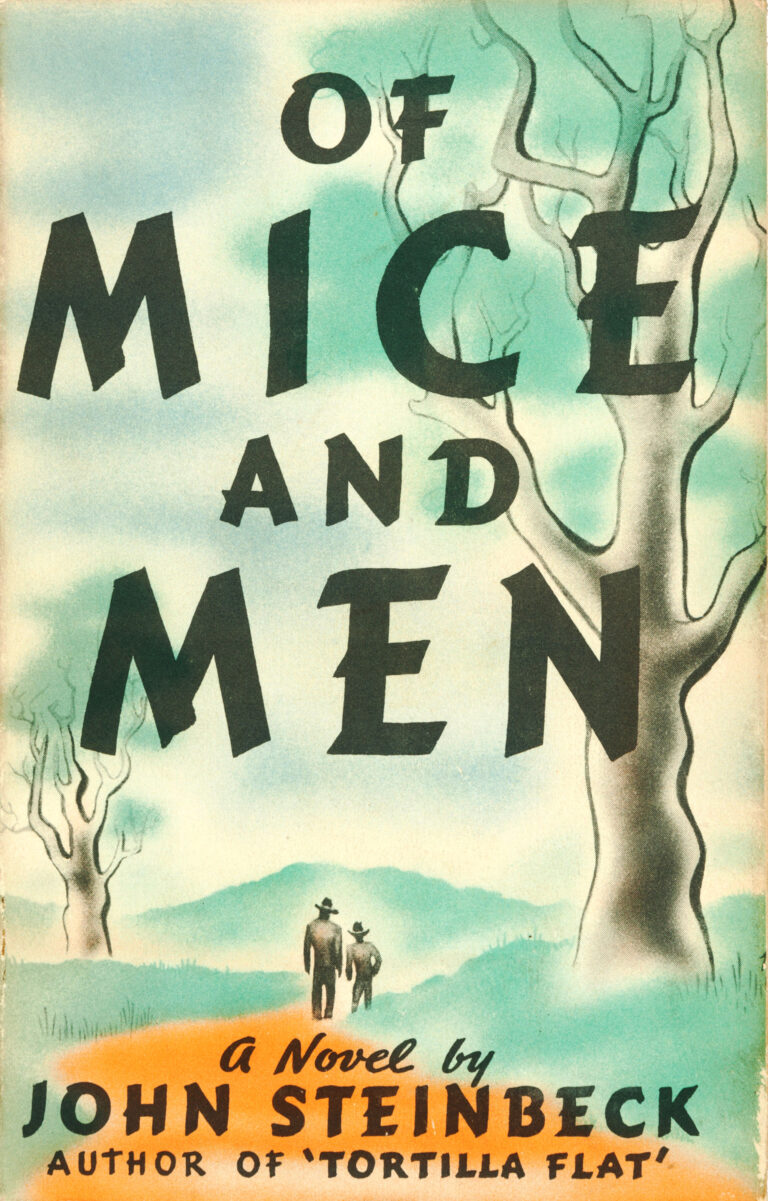Exploring George Orwell’s 1984: A Timeless Dystopian Classic
Exploring George Orwell’s 1984: A Timeless Dystopian Classic
Have you ever imagined living in a world where your every move is watched and even your thoughts are controlled? Welcome to the chilling world of George Orwell’s 1984.
Hello, dear readers! Today, we delve into one of the most influential and thought-provoking novels ever written: 1984 by George Orwell. Whether you have read it before or are considering picking it up for the first time, this deep dive will help you understand why this novel remains as relevant as ever in today’s world. Let’s explore its themes, characters, and its eerie predictions about our society.
Table of Contents
Plot Summary
George Orwell’s 1984 is set in a dystopian future where the totalitarian regime of the Party, led by the mysterious Big Brother, controls every aspect of life. The protagonist, Winston Smith, works at the Ministry of Truth, where he alters historical records to fit the Party’s ever-changing narrative. However, Winston secretly despises the Party and dreams of rebellion. He begins a forbidden love affair with Julia, another Party member who shares his discontent.
Their attempt to defy the Party leads them to O’Brien, a high-ranking official who pretends to be part of a resistance movement. Unfortunately, Winston and Julia are betrayed and arrested by the Thought Police. Through brutal psychological and physical torture, Winston is eventually broken and forced to love Big Brother, signifying the Party’s absolute control over the mind.

Main Characters
| Character | Description |
|---|---|
| Winston Smith | The protagonist, a Party member who secretly despises the regime and seeks the truth. |
| Julia | Winston’s lover who rebels against the Party through personal pleasures rather than ideological beliefs. |
| O’Brien | A high-ranking Party member who deceives Winston into believing in a false resistance. |
| Big Brother | The symbolic leader of the Party, representing absolute control and surveillance. |
Major Themes
1984 is rich with themes that explore power, control, and human nature. Here are some of the most significant ones:
- Totalitarianism: The Party’s absolute rule suppresses individuality and freedom.
- Surveillance: Constant monitoring by telescreens and Thought Police prevents any form of rebellion.
- Manipulation of Truth: The Party controls reality by rewriting history and altering facts.
- Loss of Individuality: Citizens are forced to conform, and independent thought is eradicated.
- Rebellion and Resistance: Winston’s struggle against the Party highlights the human desire for freedom.
Symbolism in 1984
Orwell’s 1984 is filled with symbols that deepen the novel’s themes and meaning. These symbols serve as warnings about government control, oppression, and the dangers of unchecked power.
| Symbol | Meaning |
|---|---|
| Big Brother | Represents totalitarian government surveillance and control. |
| Telescreens | Symbolize constant surveillance and the loss of privacy. |
| Room 101 | Represents ultimate fear and psychological control. |
| The Paperweight | Symbolizes Winston’s desire to hold onto the past and beauty. |
Real-World Parallels
Orwell’s 1984 is often cited in discussions about modern society, especially in relation to government control, surveillance, and misinformation. Some key parallels include:
- Mass Surveillance: The rise of CCTV, internet monitoring, and data collection echoes Orwell’s vision of an all-seeing government.
- Misinformation and Censorship: Just like the Party rewrites history, modern governments and corporations manipulate facts to control public perception.
- Authoritarian Regimes: Dictatorships and oppressive governments continue to suppress dissent and individual freedoms, much like in 1984.
- Psychological Control: The spread of propaganda and the use of fear tactics to maintain power mirrors the novel’s themes.
Frequently Asked Questions
Orwell was influenced by totalitarian regimes of his time, particularly Nazi Germany and Stalinist Soviet Union. His experiences with propaganda, censorship, and political oppression shaped the dystopian world of 1984.
Big Brother symbolizes the Party’s omnipresent control. He represents government surveillance and the loss of individual freedom, instilling fear and obedience in citizens.
After intense torture in Room 101, Winston’s fear overcomes his love for Julia. The Party successfully breaks his spirit, forcing him to betray his deepest emotions and submit to their control.
Room 101 is the ultimate instrument of psychological control. It contains each prisoner’s worst fear, ensuring total submission to the Party.
Many aspects of the novel, such as government surveillance, misinformation, and political oppression, have real-world parallels in modern society, making Orwell’s warnings more relevant than ever.
The novel warns about the dangers of totalitarianism, surveillance, and the manipulation of truth. It emphasizes the importance of freedom, individuality, and critical thinking in resisting oppressive regimes.
Final Thoughts
George Orwell’s 1984 is more than just a novel; it is a powerful warning about the dangers of authoritarianism, surveillance, and the manipulation of truth. The book’s themes remain relevant today, serving as a reminder of the importance of critical thinking, freedom, and resistance against oppressive forces. Whether you’re a first-time reader or revisiting this classic, 1984 offers profound insights that challenge us to question the world around us. What are your thoughts on Orwell’s vision? Let’s continue the conversation in the comments!






